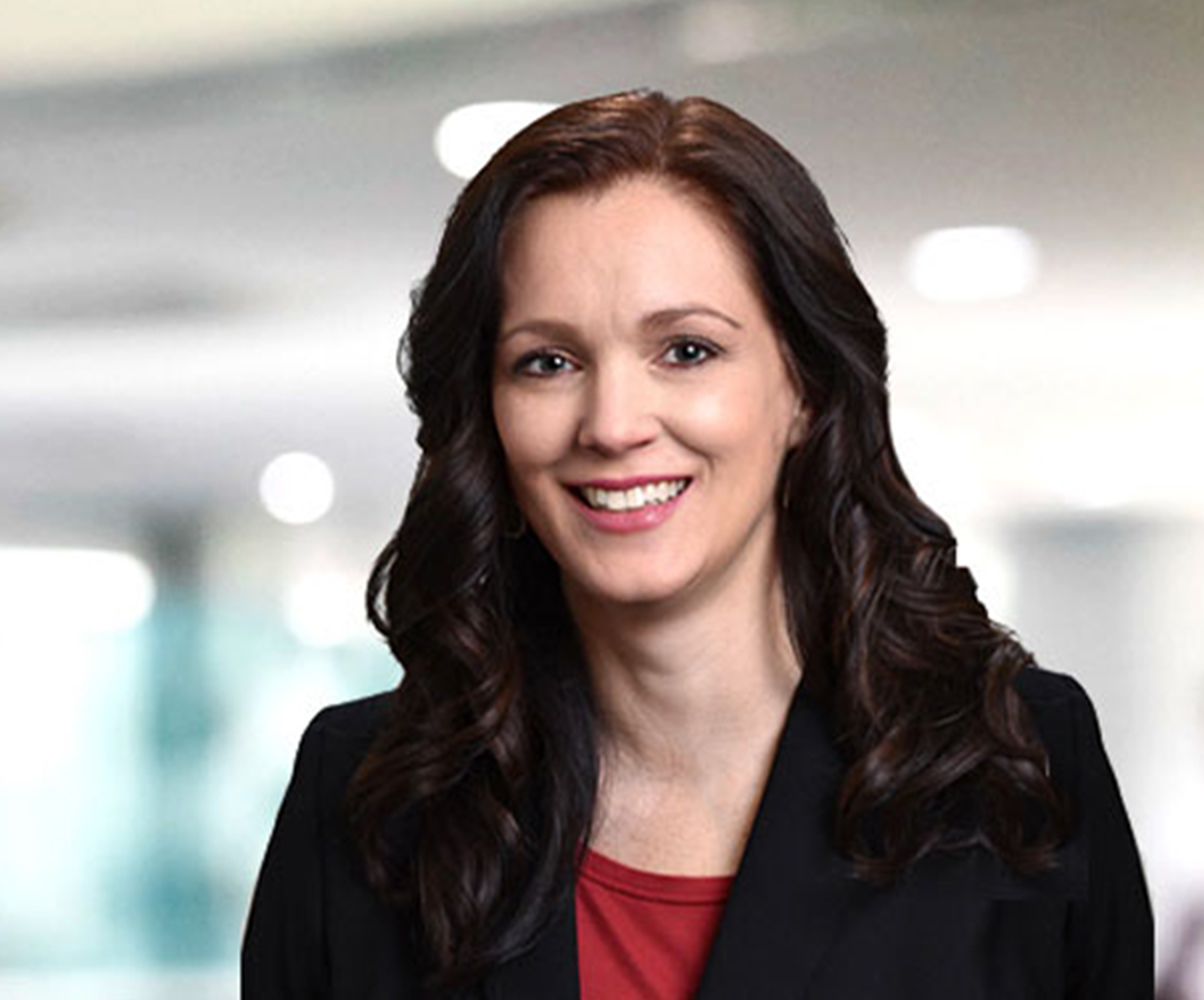Master of Science in Nursing
MSN
What attracted you to Wilkes’ online MSN – PMHNP program?
I actually started my MSN education at another online school and was following the family nurse practitioner track. About a year into the program, I decided I wanted to pursue psych/mental health instead. A friend of mine from my undergrad in nursing told me about the MSN – PMHNP program at Wilkes.
What really drew me to Wilkes was the fact that they had a dedicated clinical placement team. It was a game-changer. Having to find my own preceptor and clinical placement site was an immense stressor, so knowing they would take care of that was one of the biggest perks that attracted me to Wilkes.
In my research, I discovered that there are a lot of online universities that offer the MSN – PMHNP track, but they are online-only institutions. One of the many benefits of Wilkes is that it is a brick-and-mortar university, which lends credibility to its program.
Why did you decide to switch from family practice to psych/mental health?
I've worked as a nurse in the pediatric ICU, hospice and inpatient psychiatric/mental health, and I’ve realized that my interest lies in this area. There is a substantial need for psychiatric/mental health nurse practitioners here in Oklahoma. There is a lack of providers to address the needs of the psychiatric patient population, there is a shortage of psychiatrists coming out of med schools, and there are no MSN – PMHNP programs in Oklahoma. I decided to switch because there are plenty of job opportunities here, and there’s an overwhelming need for people to have access to psychiatric care.
Is the online experience at Wilkes what you expected?
It is, and I’ve enjoyed the discussions and interactions we have had as a class. What has been a pleasant surprise is that my professors have been so responsive and have given us their personal emails so we can contact them at any time.
What are some of the ways in which your professors help you feel connected during the online experience?
I’ve found that most of the professors place a strong emphasis on engaging us to talk about our own clinical experiences and incorporating that into the discussion. So in other words, our discussions aren’t just about academics — they incorporate our personal experiences and encourage us to share.
For example, I'm in a political and health policy class this semester. COVID-19 has been a hot topic, so there’s been a big emphasis on sharing each other’s experiences within our own political environments and with the administration leaders we deal with in our jobs.
The professor is from Texas, I’m from Oklahoma, and a lot of students are from New Jersey, Pennsylvania and other surrounding areas, so it’s interesting to hear everyone’s different experiences and points of view from across the country.
What has been your favorite class so far?
The class I’ve enjoyed the most has also been the toughest — Advanced Pharmacology. I really like the hard science behind what we’re going to be doing with medication management for our patients, including assessing, diagnosing and creating medication treatment plans.
Have you learned any new skills in this program that you’ve been able to use in your current job?
Absolutely. For example, the Advanced Pharmacology course has helped me in my current clinical practice because I’m better able to understand population resistance to antibiotics. I’m in a community setting as a hospice worker, so I take care of patients in their homes or nursing homes. I work autonomously alongside the doctors, so they lean on my clinical assessment. The skills I’ve learned to date have helped me understand medication regimens and be able to anticipate what the doctors will order even before initiating a conversation with them.
I’m looking forward to the Advanced Health Assessment course this fall because I think the skills I’ll learn in that class will be clinically oriented and will help me in my current role as a nurse.
Was your Student Success Advisor helpful?
When I was applying for the program, my Student Success Advisor (SSA) made me feel very confident throughout the entire process. This is an online program, and I’m in Oklahoma. There was no way for me to just go to campus whenever I needed something, so the communication was done via email or over the phone.
Because I switched programs, I had to transfer in some credit, and my SSA helped me navigate that process. I know she's always available via email if I need her, and she’s always quick to respond to questions.
My SSA has called me a few times throughout the semester to check in with me to see if I need anything, or if I have any questions or concerns. Communication with my Wilkes’ advisor has been awesome, and she’s very easy to reach.
What advice would you give someone who is thinking about enrolling in an online program?
I think it’s important for a prospective online student to know that just because the program is online, it doesn’t mean it’s not going to be rigorous. I think there is a misconception that if it’s online, it’s going to be easier than being in class.
Your professors support you, but they’re going to expect you to be an independent thinker and learner. You’ll have to be very disciplined with your time. The best advice I can give is to plan ahead and treat the program essentially like another job. Set aside and dedicate specific time throughout the week for your coursework.
Why Wilkes?
I’m in Oklahoma and Wilkes University is in Pennsylvania, so many of my colleagues haven’t heard of Wilkes. I’ve encouraged them to look into Wilkes because I think they do a really good job of balancing quality, online academics and keeping students engaged.
There are so many programs out there that are purely online, and it can be tough to choose. From what I’ve experienced, the others pale in comparison to Wilkes in terms of price and quality. Wilkes is a brick-and-mortar university with online programs, so you’re getting a quality education without having to pay more for an online-only program. And with dedicated clinical placement services, if you have the drive to succeed, there’s a concerted effort at Wilkes to help you do just that.






